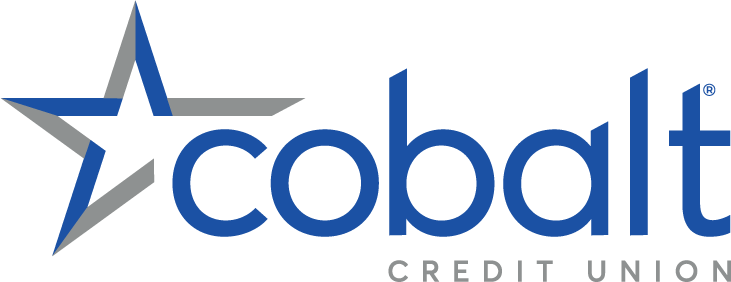
During October, Cybersecurity Awareness Month, it's the perfect time to sharpen your awareness of common scams.
Fraud can strike when you least expect it, but staying informed gives you the power to protect yourself. Understanding these threats and recognizing warning signs are essential steps to safeguarding your personal information and financial well-being.
Identify and Protect Yourself from Potential Scams:
Phishing Scams | Impersonation Scams | Loan Fraud | Computer Hijacking

Phishing Scams
Phishing scams trick victims into handing over sensitive information through deceptive emails, texts, or websites. They often pose as trusted companies—like your financial institution or a retailer—and create a false sense of urgency to get you to click on malicious links or share personal details.
Stay Protected
- Think Twice Before Clicking: Be wary of any unexpected message urging you to take immediate action.
- Inspect Links and Senders: Hover over links to see where they really lead, and check email addresses for small inconsistencies (e.g., a single letter off).
- Report and Delete Suspicious Messages: If a message feels off, don’t engage. Report it to the company it claims to represent and delete it right away.

Impersonation Scams
Scammers often pretend to be government officials or customer service agents to exploit your trust and create panic. These impersonators use fear and urgency to manipulate victims into sharing personal information or making quick payments.
How They Do It
- IRS or Law Enforcement Threats: You might receive a call claiming you owe taxes or are facing arrest unless you pay immediately.
- Fake Customer Support: Fraudsters pose as representatives from finance or tech companies, insisting that your account or device is at risk.
- Unusual Payment Requests: Be suspicious if asked to pay with gift cards, wire transfers, or cryptocurrency—these are red flags of fraud.

Loan Fraud
In loan scams, fraudsters dangle promises of easy money with minimal paperwork, often targeting people who need fast cash. They may request an upfront fee to "process" the loan, only to disappear after receiving payment.
Learn More
- Watch for Unsolicited Offers: Be cautious of unexpected loan offers via text, phone, or email.
- Avoid Upfront Fees: A reputable lender won't ask for payment before you receive funds.
- Check Your Credit Report Regularly: Keep an eye out for unauthorized loans or accounts that could indicate identity theft.

Computer Hijacking
Malware attacks can lock you out of your computer, with scammers demanding a ransom to restore access. These attacks often start with fake pop-ups or tech support calls warning you about a virus.
Best Practices
- Ignore Pop-Up Warnings: If a window suddenly claims your device is infected, don’t click anything.
- Keep Your Software Updated: Regular updates to your operating system and antivirus software help prevent malware infections.
- Never Allow Unsolicited Remote Access: Tech support will never ask for remote access unless you reach out first.

